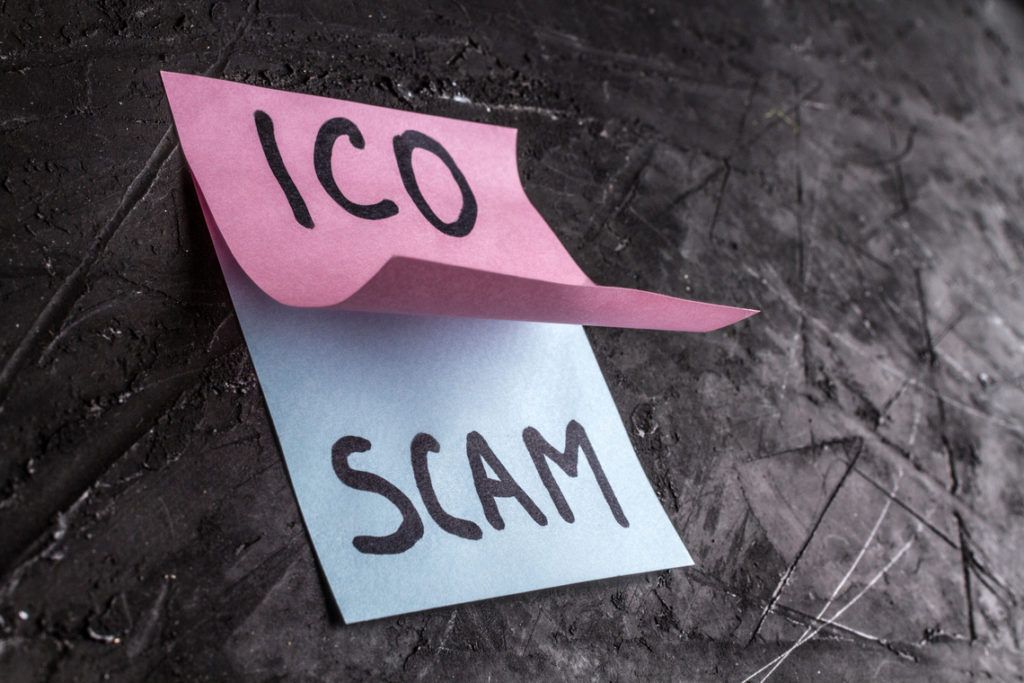Today, Initial Coin Offerings (ICOs) have become a lucrative investment vehicle for both entrepreneurs and cryptocurrency enthusiasts. They have also caught the eye of fraudsters looking to make a quick buck.
When investing in ICOs, contemporary wisdom suggests that the strength of an ICO can be denoted from the quality of its website, team, whitepaper, and partners. However, for many cases, this information is woefully insufficient, and may instead fool you into being scammed.
Today we investigate the curious case of SKEN, a clone project that hides its sinister origins remarkably well.

The Chicken or the Egg
Taking the website at face value, one might be convinced of its legitimacy. After all, it has a well thought out business model, carefully constructed whitepaper, and even a creative explainer video. However, all is not as it seems.
This Looks Familiar
SKEN is, in fact, a complete clone of Opu, a project currently in the final stages of its ICO. The evidence behind the accusation is damning, with a myriad of cover-ups visible on their site. Close inspection of their content shows subtle but noticeable graphical anomalies wherever the SKEN logo is seen — due to it being, quite literally, pasted on top of where the Opu logo would otherwise be.

Impressive Dedication
Many investors have seen this tactic before. The rules are simple: clone a website, reach out to its user base, and then attempt to steal as much money as possible before being busted. However, the majority of scams tend to take the path of minimum effort by cloning the minimum amount possible to ensure they are difficult to spot. SKEN, on the other hand, has spent a surprising amount of time and effort going the extra mile to clone not just the website and whitepaper, but also their launch video, social media pages, and even their Medium. The attention to detail is impressive, albeit misguided. The imposter also cleverly decided to switch out the entire original team and replaced them with what appears to be random people, haphazardly patched together from a variety of other crypto projects. (A word to the wise: always check that the team is genuine.) It is highly unlikely that any of these people are actually involved in the scam, as not a single member has SKEN listed on their LinkedIn profile.
Never take a project at face value. Creating an interesting and desirable front is typically a quick process, but more involved details are harder to fake.
It is highly unlikely that any of these people are actually involved in the scam, as not a single member has SKEN listed on their LinkedIn profile.
Never take a project at face value. Creating an interesting and desirable front is typically a quick process, but more involved details are harder to fake.
Can You Spot the Difference?
Take a look at these two YouTube videos for SKEN and OPU. Here’s the second: https://www.youtube.com/watch?v=TFYQJmuFEu0 Can you spot the difference?Closing Remarks
The effort and sophistication employed by scammers are certainly increasing, and while this is a worrying development, we could not find any evidence that Sken successfully scammed anybody. Marc Bookman, CEO of Opu Labs, had this to say on the matter: “People have been knocking off Gucci, Apple, and Coach products for years. Now they are making counterfeit token sales sites which is fairly shocking. More than the copyright and trademark violations, we hope that consumers are not fooled by this scam. We clearly need some international law enforcement agency to assist companies with enforcement in this area — perhaps Interpol?” With the rising number of scam projects, it is becoming increasingly important to stay vigilant when doing your market research. If something doesn’t look right, investigate and ask questions. Performing your due diligence might just save you from a painful loss. If you suspect a project is a scam, feel free to reach out to us and tell us why. We will look into it. Also, let us know what you think of the SKEN scam in the comments below!Disclaimer
In adherence to the Trust Project guidelines, BeInCrypto is committed to unbiased, transparent reporting. This news article aims to provide accurate, timely information. However, readers are advised to verify facts independently and consult with a professional before making any decisions based on this content. Please note that our Terms and Conditions, Privacy Policy, and Disclaimers have been updated.

Daniel Phillips
After obtaining a Masters degree in Regenerative Medicine, Daniel pivoted to the frontier field of blockchain technology, where he began to absorb anything and everything he could on the subject. Daniel has been bullish on Bitcoin since before it was cool, and continues to be so despite any evidence to the contrary. Nowadays, Daniel works in the blockchain space full time, as both a copywriter and blockchain marketer.
After obtaining a Masters degree in Regenerative Medicine, Daniel pivoted to the frontier field of blockchain technology, where he began to absorb anything and everything he could on the subject. Daniel has been bullish on Bitcoin since before it was cool, and continues to be so despite any evidence to the contrary. Nowadays, Daniel works in the blockchain space full time, as both a copywriter and blockchain marketer.
READ FULL BIO
Sponsored
Sponsored

